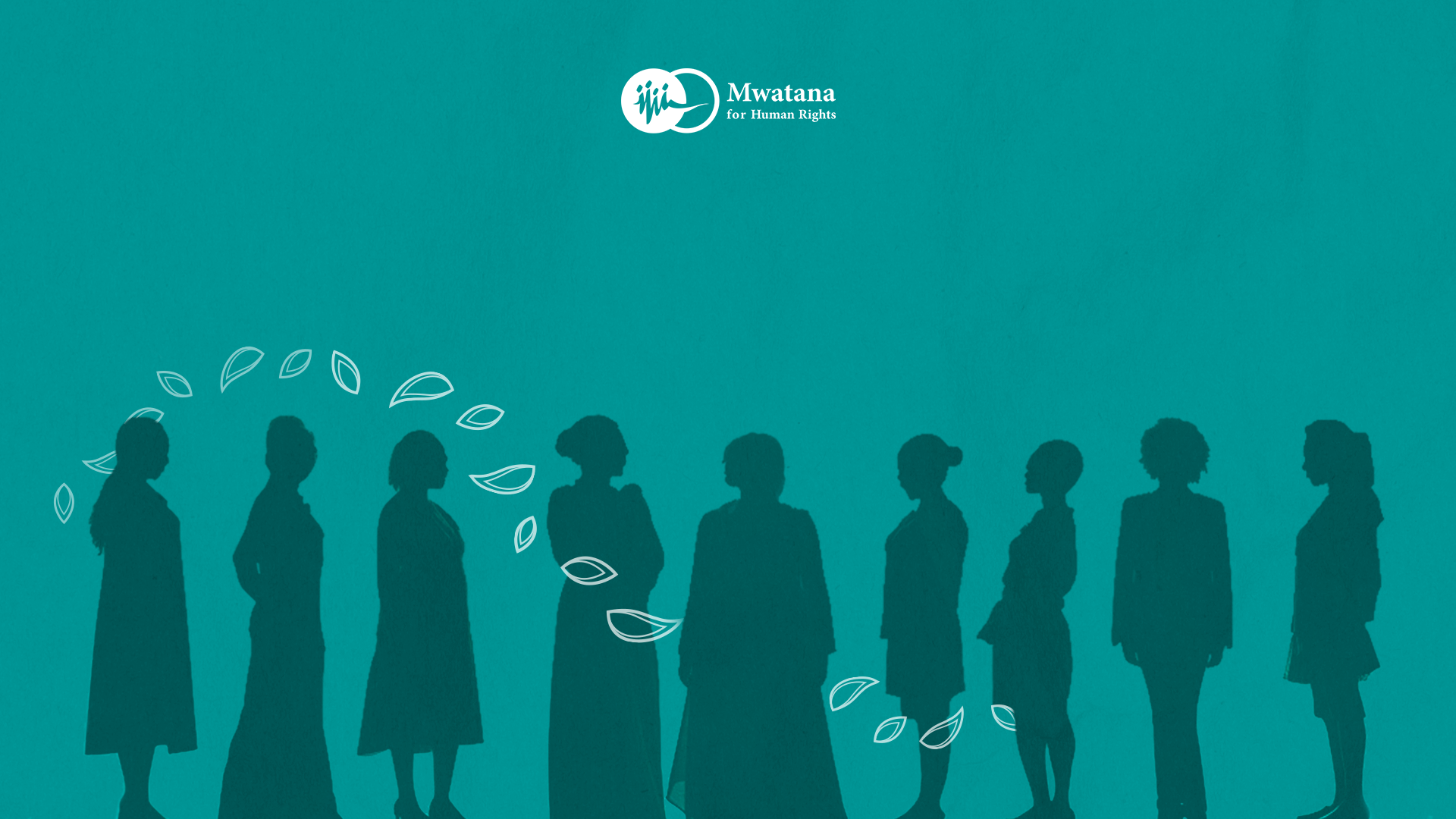
Mwatana Calls for Appreciating the Struggles of Yemeni Women, Ending the Undermining of Their Rights, and Ensuring Their Protection

In a statement released on the occasion of International Women’s Day, observed annually on March 8, Mwatana for Human Rights affirmed that women in Yemen continue to face unprecedented levels of violence, violations, restrictions, arbitrary practices, and various forms of discrimination in the absence of accountability and the persistence of impunity. Throughout the years of armed conflict in Yemen, Mwatana has documented numerous direct and indirect violations committed by all parties to the conflict against Yemeni women. These include killings, mutilations, arbitrary detention, enforced disappearances, sexual violence, restrictions on freedom of movement, denial of healthcare, and other abuses.
Mwatana noted that the armed conflict in Yemen, with its far-reaching consequences, has forced women to bear increased burdens due to military operations, widespread violations, the economic crisis created by the conflict, and the collapse of essential services. As a result, many women have become the sole breadwinners for their families, given the absence of their partners due to death, detention, displacement, or loss of employment and income opportunities. This has imposed new responsibilities on them in an environment lacking protection and support mechanisms, alongside restrictions on their freedom of movement, employment, and expression, as well as challenges in accessing essential services, particularly education and healthcare.
Abdulrasheed Al-Faqih, Vice Chairperson of Mwatana for Human Rights, stated, “Instead of recognizing and honoring the struggles and valuable contributions of Yemeni women across various fields and providing them with the protection and safety they deserve, violations, violence, and discriminatory practices against them have escalated. The armed conflict in Yemen has generated new patterns of violations against women, alongside existing forms of discrimination and unlawful, arbitrary restrictions that violate their rights and hinder their effective participation in public life. As a result, women have become increasingly vulnerable to targeting and marginalization.”
Al-Faqih added, “It is no longer possible to turn a blind eye to the violations, practices, and arbitrary restrictions Yemeni women face. Ignoring and tolerating these abuses has only exacerbated them, pushing them to unprecedented levels. Today, the responsibility of all parties and stakeholders is greater than ever to confront these shameful practices and end them, while working seriously to strengthen the legal and social protection frameworks for Yemeni women.”
Mwatana also highlighted that the violations and arbitrary practices targeting Yemeni women are not limited to those committed by different parties and entities amid the collapse of legal protection frameworks. The undermining of women’s rights has intensified at the societal and family levels due to the erosion of social protection structures. The organization’s study, “Fragile Walls,” which focused on domestic violence against women during the armed conflict, concluded that incidents of domestic and societal violence, violations, and discriminatory practices against women have escalated alongside the conflict. The study also examined how survivors, communities, and security and judicial institutions respond to these violations.
On International Women’s Day, Mwatana for Human Rights stressed that strengthening the rights of Yemeni women is an urgent necessity—not only to guarantee their fundamental rights and ensure justice and equality—but also to address the humanitarian, social, and economic impacts of the war. Promoting women’s rights is essential for individual, societal, and state development and is a vital requirement for building a just and sustainable peace, as well as for fostering development and stability. The organization further emphasized that achieving justice for women and girls in Yemen cannot be realized without strengthening the rule of law, ending the prevailing culture of impunity, and ensuring the right to protection, equality, and human dignity based on equal citizenship.
In its statement, Mwatana for Human Rights called on all parties to the conflict to take serious action to end violations, arbitrary practices, discriminatory measures, and all illegal actions targeting women across various regions of Yemen. It also urged the immediate lifting of unlawful and arbitrary restrictions on women’s freedom of movement, which unfairly deprive them of employment opportunities despite the country’s and society’s dire need for their expertise, skills, and contributions.
Furthermore, Mwatana called on all parties and stakeholders to strengthen protection and support mechanisms for women, curb hate speech and incitement against them, and implement measures to combat all forms of harassment and harm in public spaces—including streets, public transportation, universities, institutes, workplaces, and other areas of public life. In addition, it urged action to counter all forms of blackmail, targeting, and digital harm that women face, thereby ensuring their right to live safely and freely within their communities.
Finally, Mwatana reiterated its demand for the immediate release of all arbitrarily detained women and the disclosure of the fate of forcibly disappeared women held by all parties. It specifically called for the release of female staff of international and local humanitarian organizations arbitrarily detained by the Ansar Allah (Houthi) group.